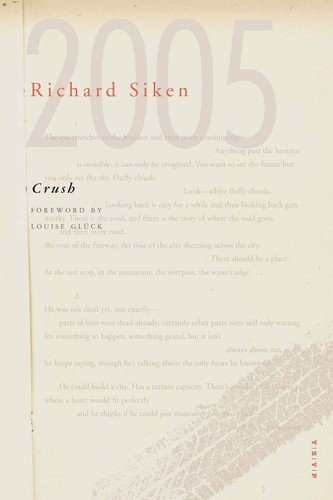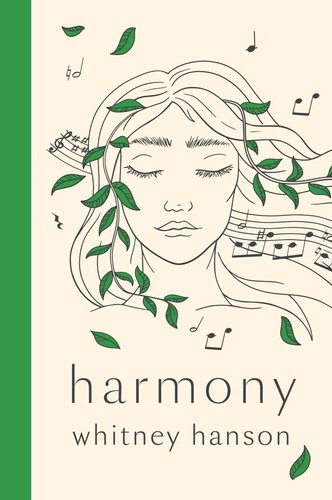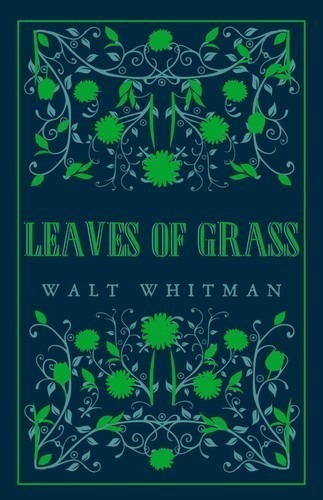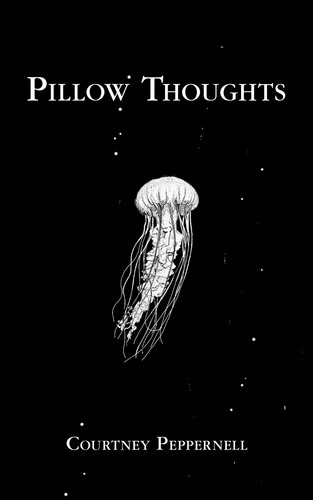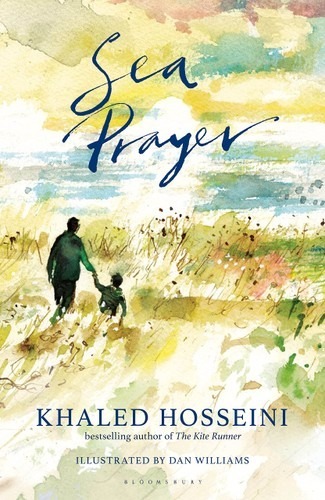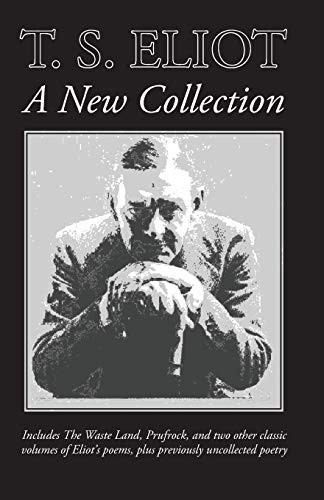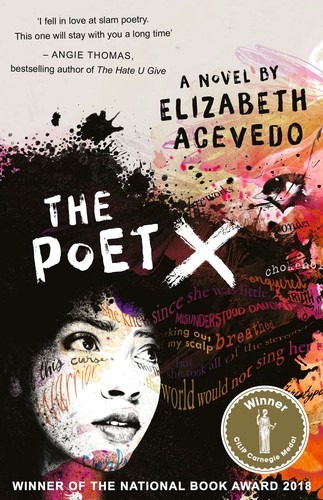Love Is a Dog from Hell
2.500,00 د.ج
A classic in the Bukowski poetry canon, Love Is a Dog from Hell is a raw, lyrical, exploration of the exigencies, heartbreaks, and limits of love.
A book that captures the Dirty Old Man of American letters at his fiercest and most vulnerable, on a subject that hits home with all of us. Charles Bukowski was a man of intense emotions, someone an editor once called a “passionate madman.” Alternating between tough and gentle, sensitive and gritty, Bukowski lays bare the myriad facets of love—its selfishness and its narcissism, its randomness, its mystery and its misery, and, ultimately, its true joyfulness, endurance, and redemptive power.
“there is a loneliness in this world so great
that you can see it in the slow movement of
the hands of a clock.”
A classic in the Bukowski poetry canon, Love Is a Dog from Hell is a raw, lyrical, exploration of the exigencies, heartbreaks, and limits of love.
A book that captures the Dirty Old Man of American letters at his fiercest and most vulnerable, on a subject that hits home with all of us. Charles Bukowski was a man of intense emotions, someone an editor once called a “passionate madman.” Alternating between tough and gentle, sensitive and gritty, Bukowski lays bare the myriad facets of love—its selfishness and its narcissism, its randomness, its mystery and its misery, and, ultimately, its true joyfulness, endurance, and redemptive power.
“there is a loneliness in this world so great
that you can see it in the slow movement of
the hands of a clock.”
| Editeur |
|---|
Produits similaires
Crush
“One of the best books of contemporary poetry.”—Victoria Chang, Huffington Post
“Vital, immediate, and cinematic in scope.”—Library Journal (Best Poetry of 2005)
Selected by Nobel Prize laureate and competition judge Louise Glück as the 2004 winner of the Yale Younger Poets prize, Richard Siken’s Crush is a powerful collection of poems driven by obsession and love. Siken writes with ferocity, and his reader hurtles unstoppably with him. His poetry is confessional, gay, savage, and charged with violent eroticism. In the world of American poetry, Siken's voice is striking.
In her introduction to the book, Glück hails the “cumulative, driving, apocalyptic power, [and] purgatorial recklessness” of Siken’s poems. She notes, “Books of this kind dream big. . . . They restore to poetry that sense of crucial moment and crucial utterance which may indeed be the great genius of the form.”
Harmony
i am finally finding a balance,
a great harmony
between the loss
and the love,
between who i was
and who i have become
In this exquisite poetry collection, Whitney Hanson, chronicles the loss of a loved one, tracing the progression of grief and healing through the lens of music.
We each begin with a simple note, but as life progresses, we’re led to the next note, and the next—all of which combine to form the melody of a song and a life. As life becomes more complicated and complex, we find that loss, grief, and heartache can muffle our music, making the world go silent.
But as Whitney’s poems show, all of these rests and pauses in the music are part of the composition of life, and it is only by moving through the variations that we can find the harmony and grace that come with healing.
Leaves of Grass
Famously written in free verse and brimming with sensuous imagery and an unbridled love of nature and life in all its forms, and containing celebrated poems such as the ebullient 'Song of Myself' – described by Jay Parini as the greatest American poem ever written – and the elegiac 'When Lilacs Last in the Dooryard Bloom'd', Leaves of Grass is not only the finest achievement of a highly unique poet, but a founding text for American literature and modern poetry.
Considered one of the most influential poets in American literature and a pioneer of free verse, Walt Whitman (1819–92) was also a prolific writer of essays and articles. Controversial in its time, his sprawling collection Leaves of Grass is regarded as his magnum opus.
Pillow Thoughts
Sea Prayer: The Sunday Times and New York Times Bestseller
On a moonlit beach a father cradles his sleeping son as they wait for dawn to break and a boat to arrive. He speaks to his boy of the long summers of his childhood, recalling his grandfather's house in Syria, the stirring of olive trees in the breeze, the bleating of his grandmother's goat, the clanking of her cooking pots. And he remembers, too, the bustling city of Homs with its crowded lanes, its mosque and grand souk, in the days before the sky spat bombs and they had to flee. When the sun rises they and those around them will gather their possessions and embark on a perilous sea journey in search of a new home.
Khaled Hosseini is one of the most widely read and beloved authors. His novels The Kite Runner, A Thousand Splendid Suns and And the Mountains Echoed have sold over 55 million copies all over the world. Hosseini is a Goodwill Ambassador for UNHCR, the UN Refugee Agency, and the founder of The Khaled Hosseini Foundation, a not-for-profit organisation which provides humanitarian assistance to the people of Afghanistan. He was born in Kabul, Afghanistan, and lives in northern California.
Dan Williams is a London-based artist whose illustrations accompanied an extract of A Thousand Splendid Suns in the Guardian when it was first published 15 years ago. His work has also appeared in National Geographic, Rolling Stone and the Wall Street Journal, amongst many other publications. dan-williams.
T. S. Eliot: A New Collection
The Poet X – WINNER OF THE CILIP CARNEGIE MEDAL 2019
Xiomara Batista feels unheard and unable to hide in her Harlem neighborhood. Ever since her body grew into curves, she has learned to let her fists and her fierceness do the talking.
But Xiomara has plenty she wants to say, and she pours all her frustration and passion onto the pages of a leather notebook, reciting the words to herself like prayers—especially after she catches feelings for a boy in her bio class named Aman, who her family can never know about.
With Mami’s determination to force her daughter to obey the laws of the church, Xiomara understands that her thoughts are best kept to herself. So when she is invited to join her school’s slam poetry club, she doesn’t know how she could ever attend without her mami finding out. But she still can’t stop thinking about performing her poems.
Because in the face of a world that may not want to hear her, Xiomara refuses to be silent.



